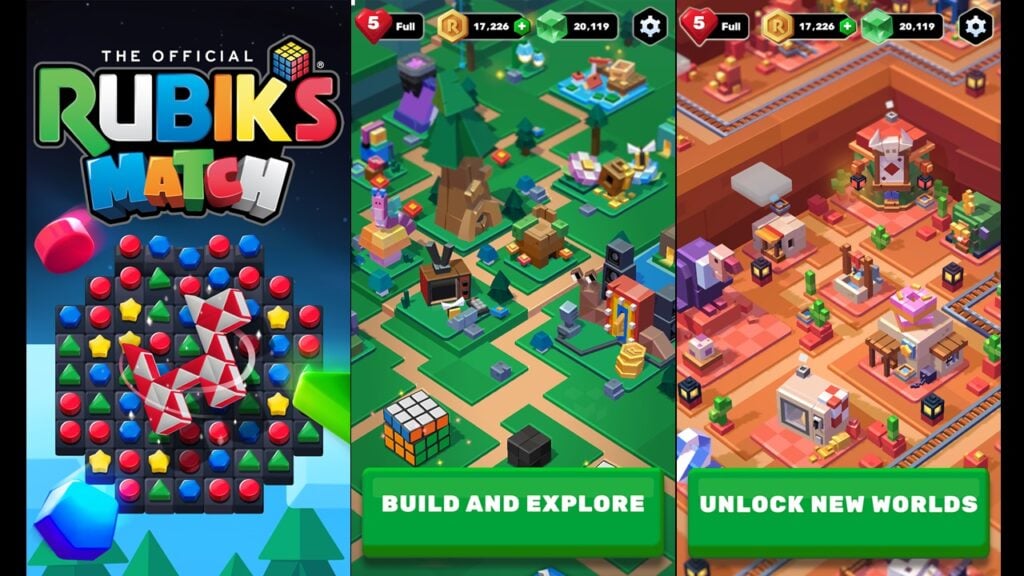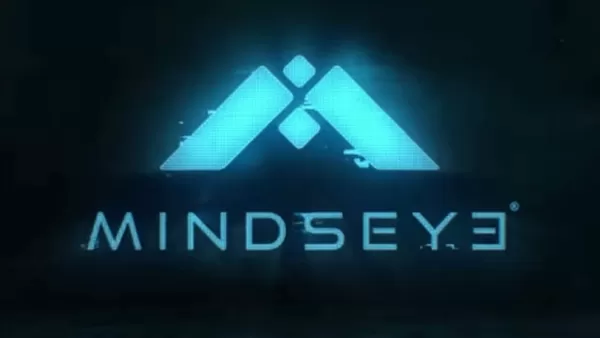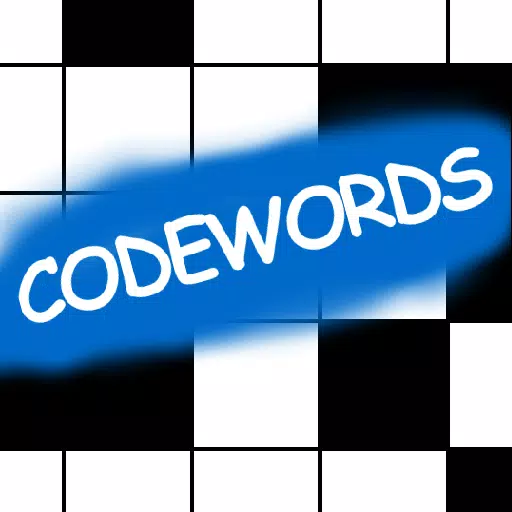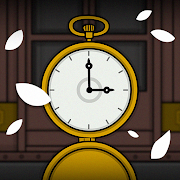Why Assassin's Creed 2 and 3 Had the Best Writing the Series Has Ever Seen
One of the most memorable moments in the entire Assassin's Creed series unfolds near the start of Assassin's Creed 3, when Haytham Kenway has seemingly assembled his band of assassins in the New World. Or so the player is led to believe. Haytham, equipped with a hidden blade and exuding the same charisma as the iconic Ezio Auditore, has been portrayed as a hero up to this point—liberating Native Americans from prison and confronting British redcoats. However, the illusion shatters when he utters the phrase, "May the Father of Understanding guide us," revealing that we've been following not the Assassins, but their sworn enemies, the Templars.
This twist exemplifies the pinnacle of Assassin's Creed's storytelling potential. The original game introduced a captivating concept—identify, understand, and assassinate your targets—but struggled with its narrative, leaving both protagonist Altaïr and his victims lacking depth. Assassin's Creed 2 improved this by introducing the more memorable Ezio, yet failed to give his adversaries the same treatment, with Cesare Borgia in Brotherhood being notably underdeveloped. It was not until Assassin's Creed 3, set during the American Revolution, that Ubisoft truly committed to developing the characters on both sides of the conflict. This approach created a seamless narrative flow from setup to payoff, achieving a rare balance between gameplay and story that has yet to be matched.
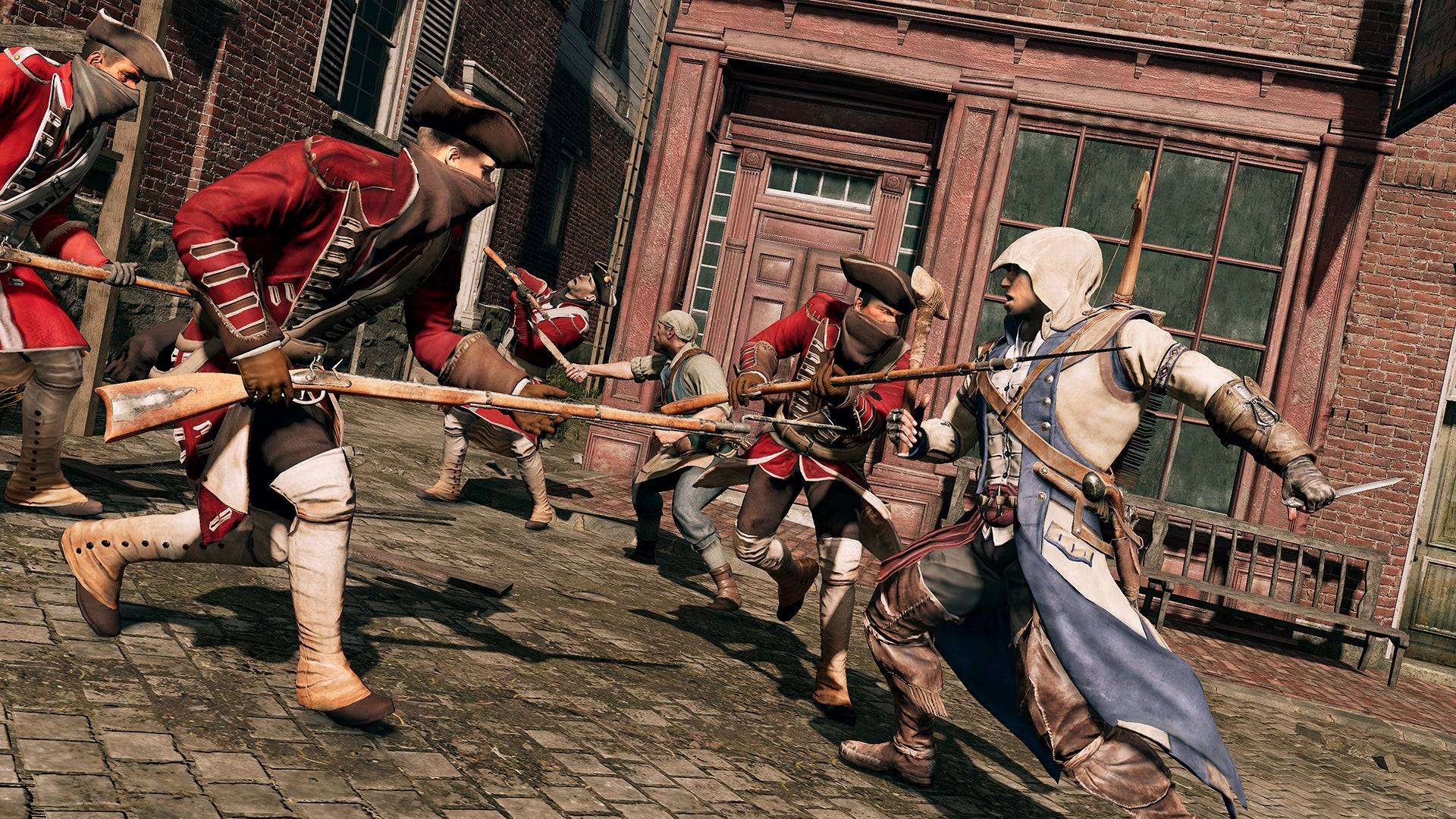 While the current RPG era of the series has garnered positive feedback, a consensus among players and critics suggests that Assassin's Creed is experiencing a decline. The reasons for this vary, from the increasingly fantastical premises involving battles against gods like Anubis and Fenrir, to the inclusion of diverse romance options and the use of historical figures such as Yasuke in Assassin's Creed Shadows. However, I believe the true cause lies in the series' shift away from character-driven storytelling, which has been overshadowed by expansive, sandbox-style gameplay.
While the current RPG era of the series has garnered positive feedback, a consensus among players and critics suggests that Assassin's Creed is experiencing a decline. The reasons for this vary, from the increasingly fantastical premises involving battles against gods like Anubis and Fenrir, to the inclusion of diverse romance options and the use of historical figures such as Yasuke in Assassin's Creed Shadows. However, I believe the true cause lies in the series' shift away from character-driven storytelling, which has been overshadowed by expansive, sandbox-style gameplay.
Over time, Assassin's Creed has integrated numerous RPG and live service elements, including dialogue trees, XP-based leveling systems, loot boxes, microtransactions, and gear customization. Yet, as the games have grown larger, they've often felt less fulfilling, not just in terms of repetitive side missions but also in their storytelling. While Assassin's Creed Odyssey offers more content than Assassin's Creed 2, much of it can feel stiff and underdeveloped. The introduction of player choice, meant to enhance immersion, can instead dilute the narrative, as scripts expand to accommodate various scenarios, resulting in less polished and less engaging character interactions.
This shift contrasts sharply with the focused, screenplay-like narratives of the Xbox 360/PS3 era, which I consider some of the best writing in gaming. From Ezio's passionate declaration, "Do not follow me, or anyone else!" after defeating Savonarola, to Haytham's poignant final words to his son, Connor:
"Don't think I have any intention of caressing your cheek and saying I was wrong. I will not weep and wonder what might have been. I'm sure you understand. Still, I'm proud of you in a way. You have shown great conviction. Strength. Courage. All noble qualities. I should have killed you long ago."
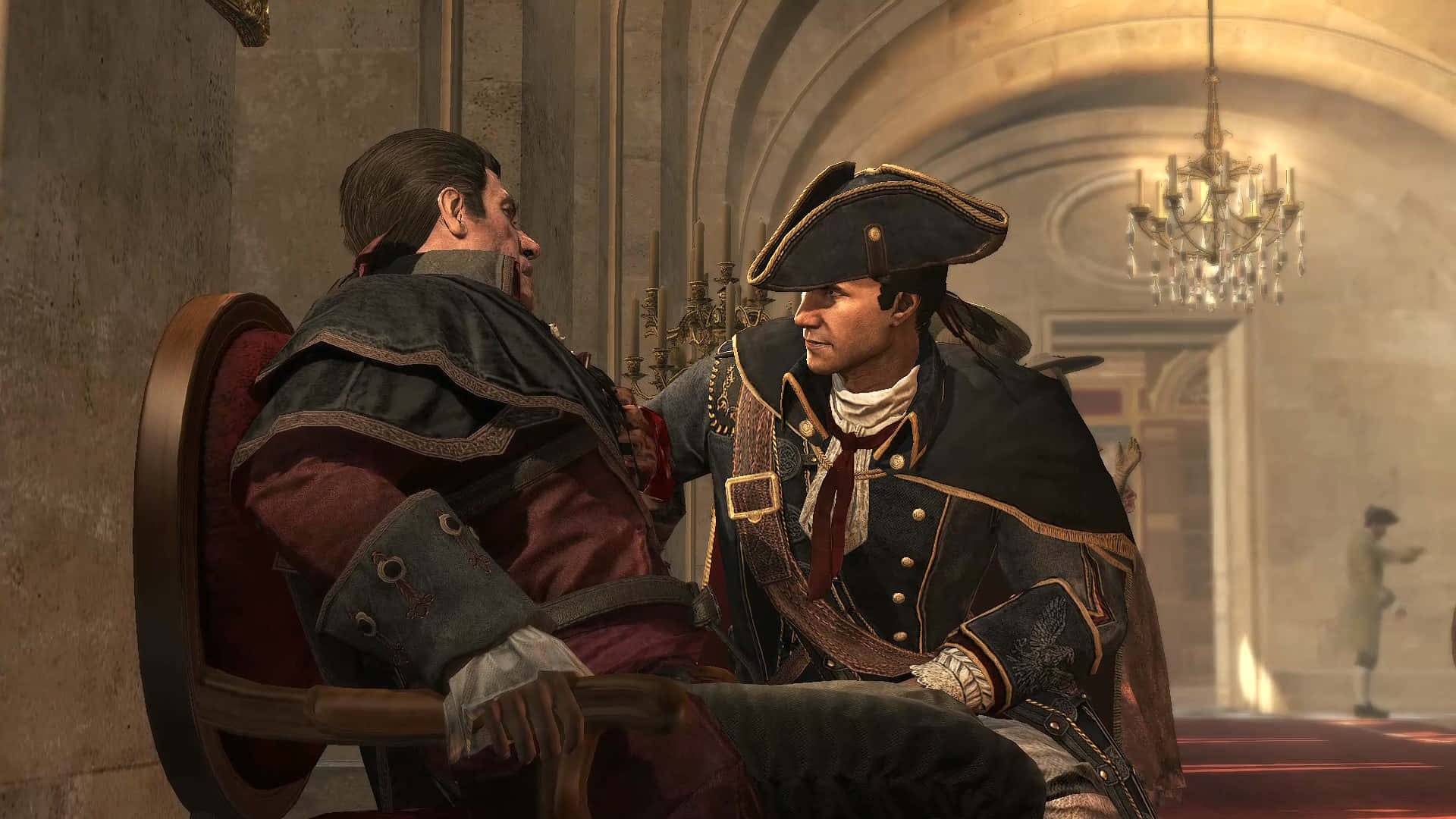 The narrative depth has also diminished in other ways. Where modern games often simplify the conflict to Assassins = good and Templars = bad, the earlier titles explored the blurred lines between the two factions. In Assassin's Creed 3, each Templar Connor confronts challenges his beliefs, with figures like William Johnson suggesting the Templars could have prevented Native American genocide, and Thomas Hickey questioning the feasibility of the Assassins' goals. Benjamin Church emphasizes the subjective nature of their struggle, while Haytham undermines Connor's trust in George Washington, revealing that the order to burn Connor's village came from Washington himself, not Charles Lee. By the game's end, players are left with more questions than answers, enriching the narrative.
The narrative depth has also diminished in other ways. Where modern games often simplify the conflict to Assassins = good and Templars = bad, the earlier titles explored the blurred lines between the two factions. In Assassin's Creed 3, each Templar Connor confronts challenges his beliefs, with figures like William Johnson suggesting the Templars could have prevented Native American genocide, and Thomas Hickey questioning the feasibility of the Assassins' goals. Benjamin Church emphasizes the subjective nature of their struggle, while Haytham undermines Connor's trust in George Washington, revealing that the order to burn Connor's village came from Washington himself, not Charles Lee. By the game's end, players are left with more questions than answers, enriching the narrative.
Reflecting on the franchise's history, the enduring appeal of Jesper Kyd's "Ezio's Family" from Assassin's Creed 2—adopted as the series' theme—highlights the emotional resonance of its character-driven approach. The melancholic strings evoke not just the Renaissance setting but Ezio's personal loss. While I appreciate the expansive worlds and graphical advancements of newer games, I hope the series will one day return to crafting the intimate, focused stories that initially captivated me. In an industry increasingly favoring vast sandboxes and live service models, however, such a return to roots may not align with current business strategies.
-
1
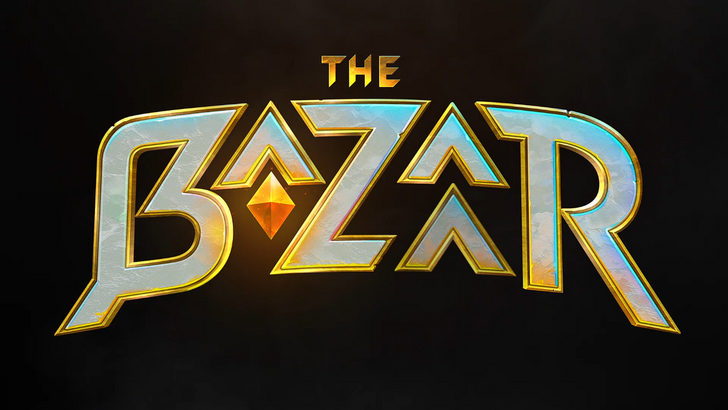
Announcing the Bazaar Release: Date and Time Unveiled
Feb 02,2025
-
2
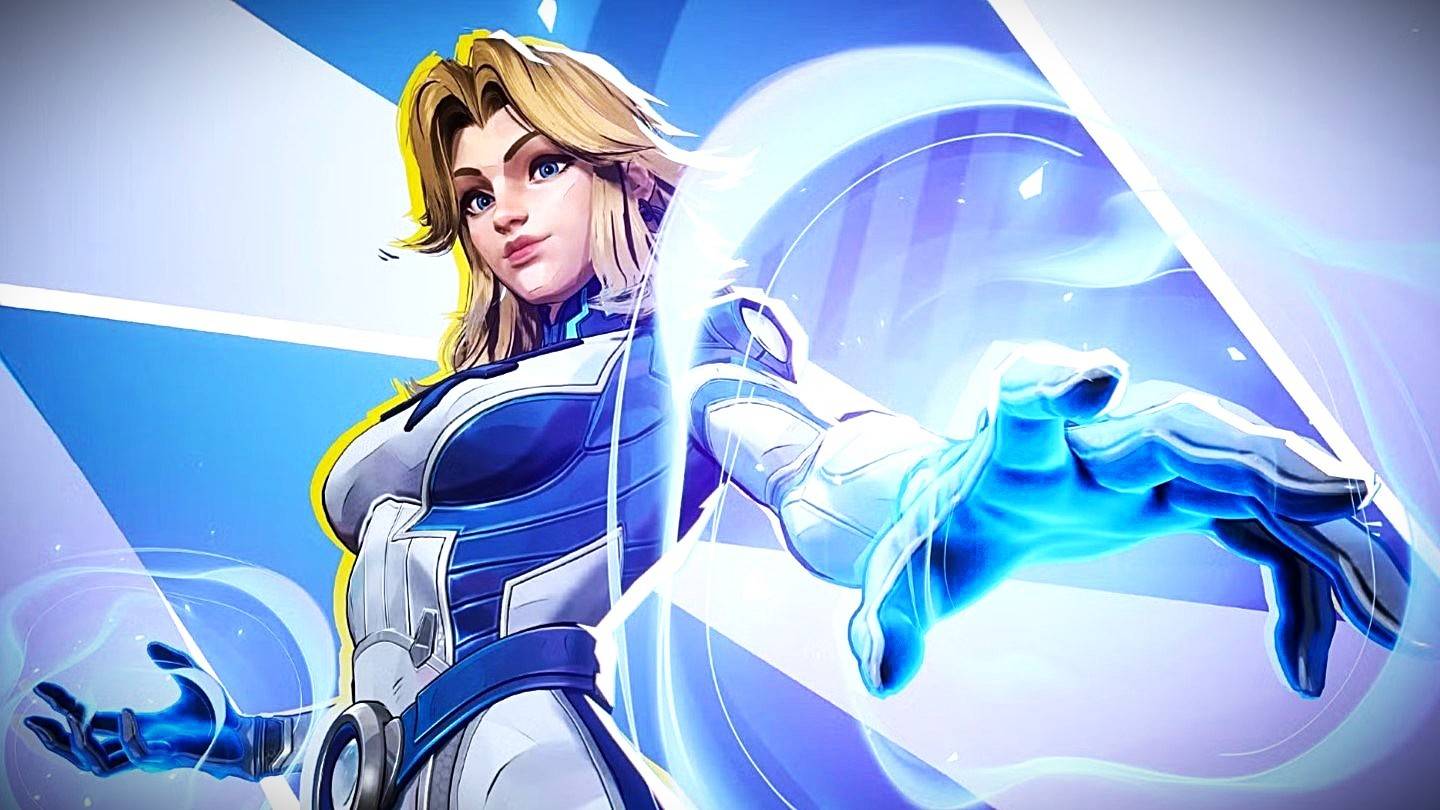
Marvel Rivals Update: News and Features
Feb 19,2025
-
3
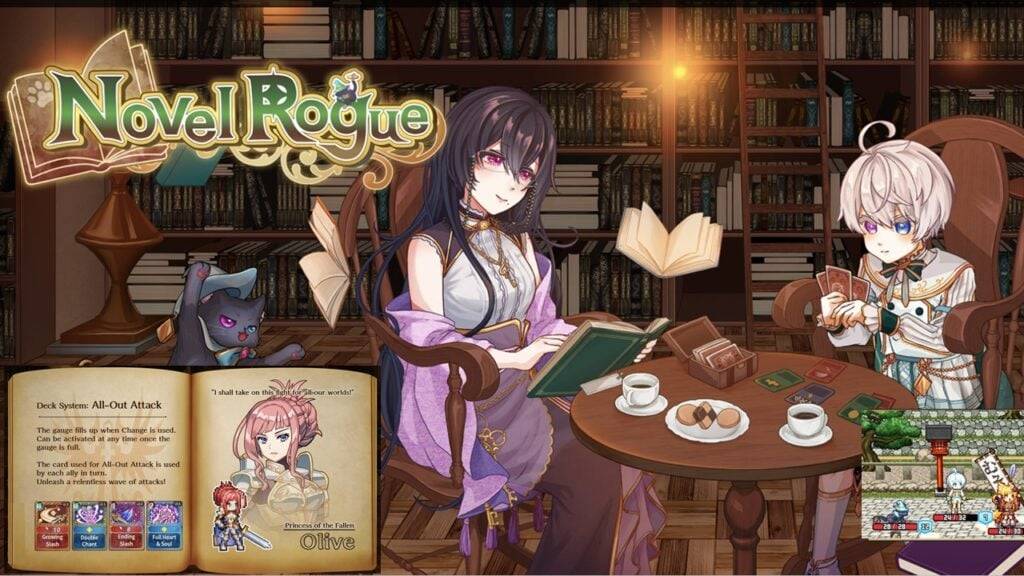
Novel Rogue Decks Android Debut
Feb 25,2025
-
4

GTA 6 Release: Fall 2025 Confirmed
Feb 23,2025
-
5
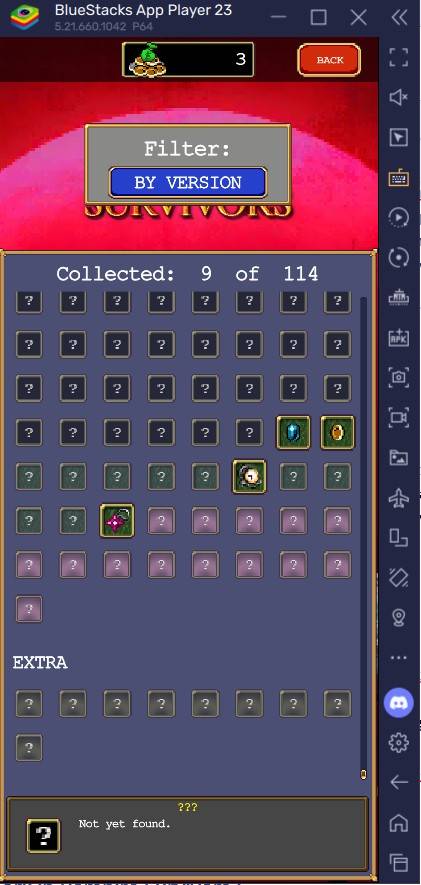
Vampire Survivors – Arcana Card System Guide and Tips
Feb 26,2025
-
6
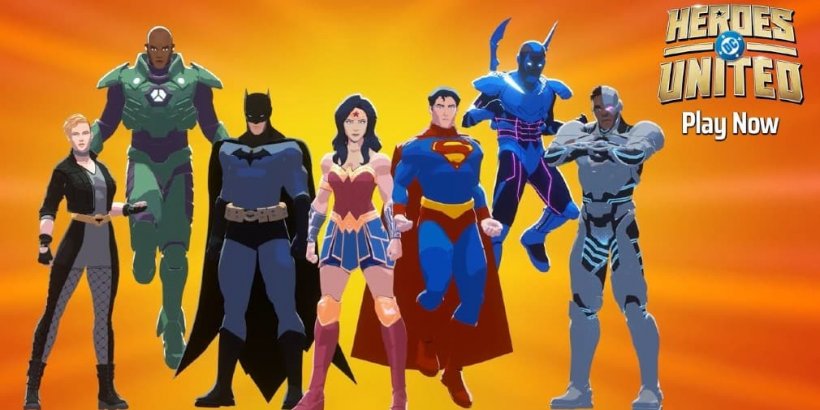
DC Heroes Unite: New Series from Silent Hill: Ascension Creators
Dec 18,2024
-
7
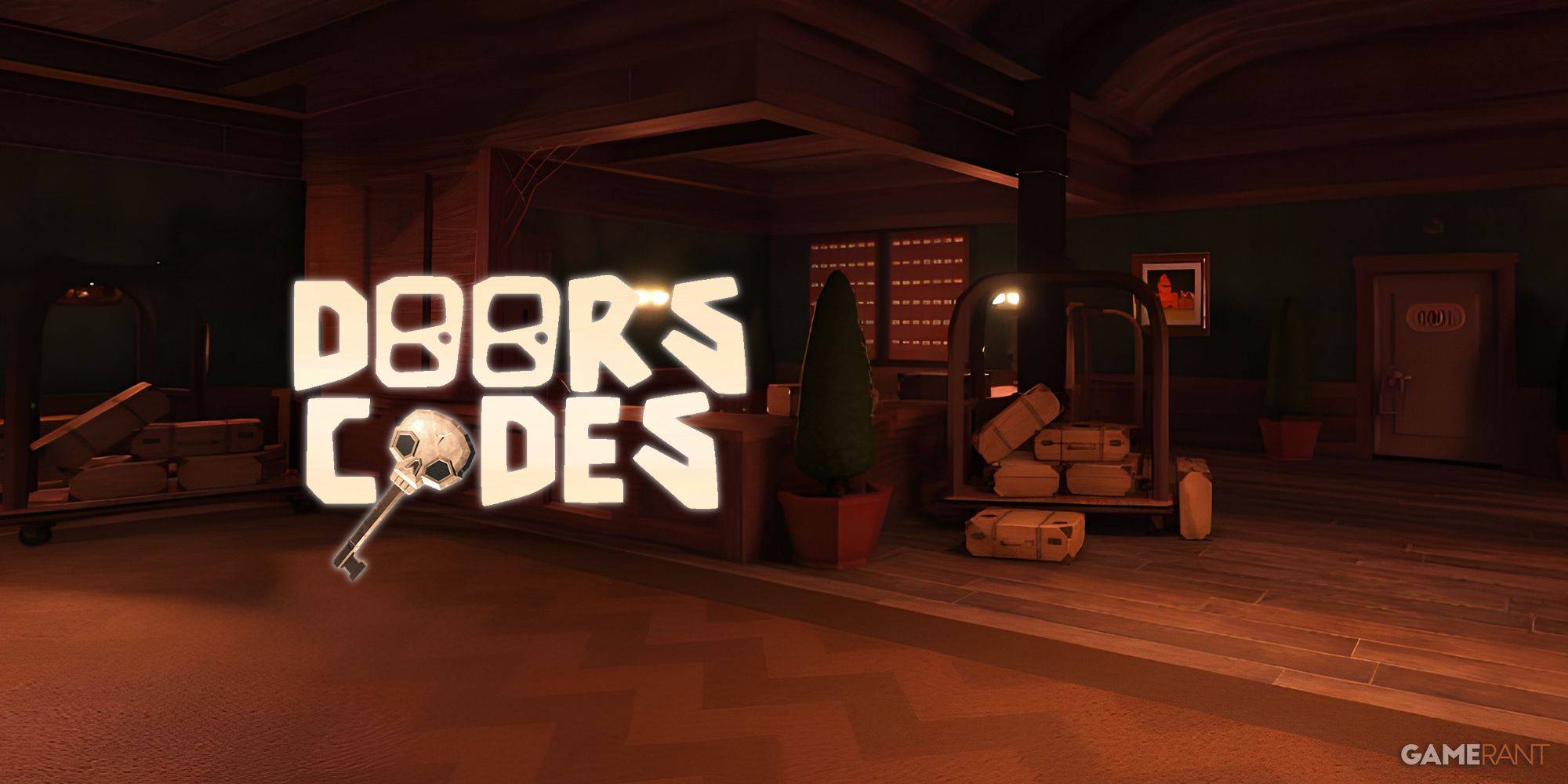
Get Exclusive Roblox DOORS Codes for January 2025
Feb 10,2025
-
8

Marvel Rivals Unveils Season 1 Release Date
Feb 02,2025
-
9
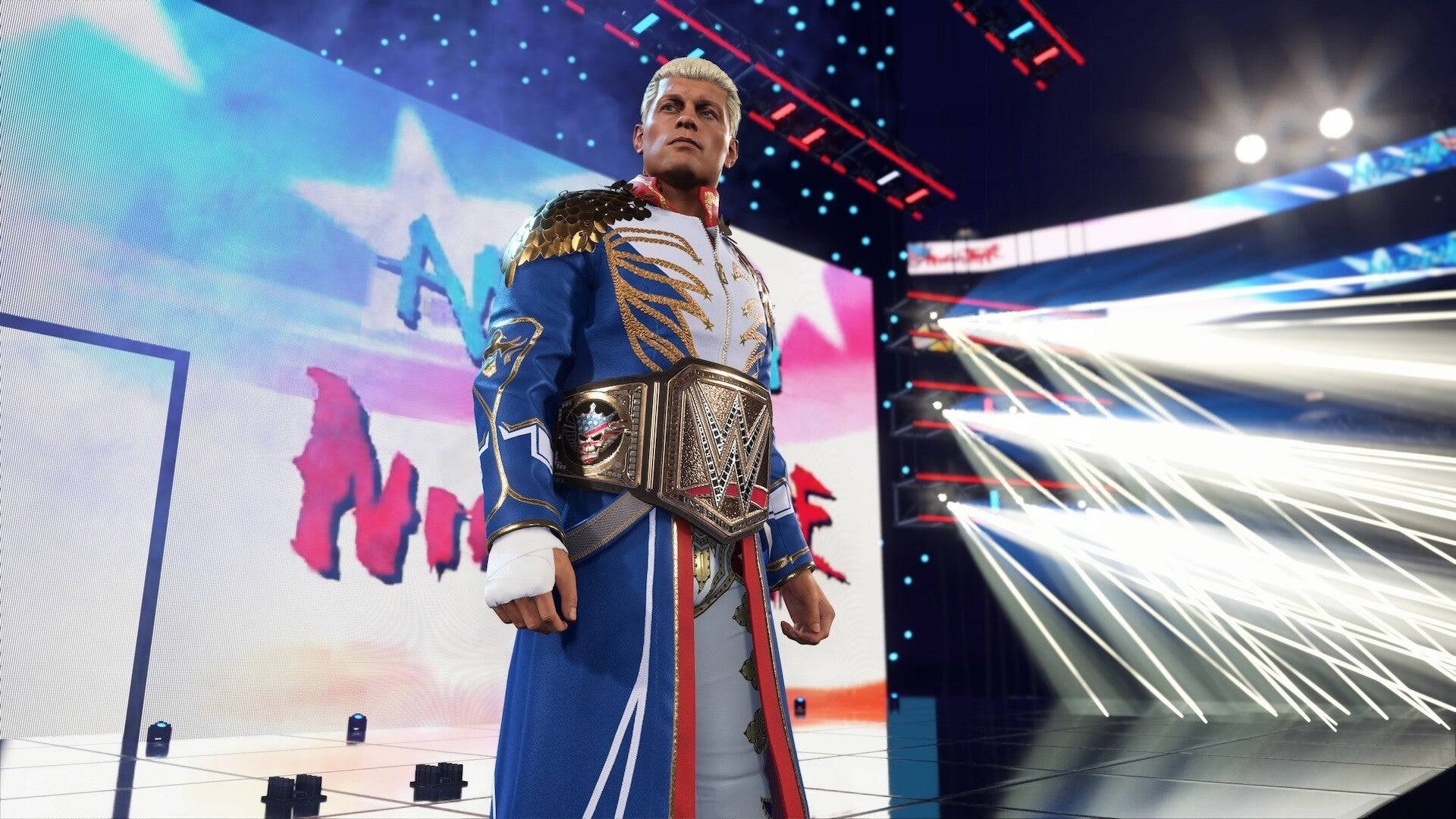
WWE 2K25: Long-Awaited Return
Feb 23,2025
-
10

Anime Fate Echoes: Get the Latest Roblox Codes for January 2025
Jan 20,2025
-
Download

Street Rooster Fight Kung Fu
Action / 65.4 MB
Update: Feb 14,2025
-
Download

Ben 10 A day with Gwen
Casual / 47.41M
Update: Dec 24,2024
-
Download

A Simple Life with My Unobtrusive Sister
Casual / 392.30M
Update: Dec 10,2024
-
4
Mega Jackpot
-
5
Day by Day
-
6
The Lewd Knight
-
7
Translate - Voice Translator
-
8
VPN Qatar - Get Qatar IP
-
9
Chewy - Where Pet Lovers Shop
-
10
Kame Paradise

